US says it has no plans to deploy missiles in Ukraine ahead of Russia talks
Senior Biden administration officials have said the US has no plans to deploy missiles in Ukraine and thus hopes to achieve progress in the upcoming talks with Russia since Moscow regards it as a key security issue.
The US will additionally bring proposals on the deployment of missiles and the scope of military maneuvers in Europe to the negotiating table with Russia in their comprehensive talks on security in Europe due to be held on Monday, Washington Post reported Saturday, citing unidentified sources.
The officials, who spoke on condition of anonymity, further emphasized that such progress will only possible if Moscow makes reciprocal steps, adding that Washington is not going to the talks with a sense of optimism, but rather "realism."
The sources, meanwhile, also commented on earlier media reports that the number of US troops deployed in Europe will be on the table as well, insisting that Washington has no plans to negotiate on this matter or on the issue of Ukraine's potential accession to NATO.
"Our intention is to have an open, sincere and serious dialogue about European security with the Russians at the table. We want to be inclusive. We don't want to go over anybody's head," said the US Ambassador to the Organization for Security and Cooperation in Europe (OSCE), Michael Carpenter, as quoted by the daily.
The US envoy to the OSCE further asserted that Washington wants Moscow to put all of its security concerns on the table and plans to do the same itself. This is while the US Defense Department has been cited in news reports as saying that the White House does not currently intend to scale down its military presence in Eastern Europe, namely in the Baltics and Poland.
The development came as US Secretary of State Antony Blinken again threatened Russia with “massive consequences” if it launches any military action in neighboring Ukraine, despite the fact that Moscow has rejected Washington’s allegations of preparing to invade its neighboring country.
“We’re prepared to respond forcefully to further Russian aggression,” Blinken vowed on Friday, adding that “a diplomatic solution is still possible and preferable if Russia chooses it.”
Deputy US Secretary of State Wendy Sherman will join Sergei Ryabkov, Russia’s deputy foreign minister, in Geneva on Monday for bilateral talks over the standoff in Ukraine amid Washington’s persisting accusations that Russia is planning to invade Ukraine and annex it.
A meeting of the NATO-Russia Council will also take place on Wednesday, and a meeting of the OSCE’s permanent council, of which Russia is a member, will be held on Thursday.
The Russian government last month made demands on NATO and Ukraine about the future of their relationship. Moscow demanded the Western military alliance deny Ukraine membership to NATO and to roll back its military deployments.
Moscow also proposed that the US not establish any military bases in former Soviet states that are not part of NATO, nor develop a bilateral military alliance with them.
NATO Secretary General Jens Stoltenberg, however, has strongly rejected this proposal, stressing that the alliance will not abandon its basic principle of countries' freedom to join military blocs.
The US and its Western allies have cited a Russian military buildup along Ukraine's border for their claims against Russia. Moscow denies harboring any intention of "invading" Ukraine, besides emphasizing that it can move its troops around within its own borders as it sees fit.
Putin has warned that Moscow will act if the US-led NATO military alliance crosses its red lines in Ukraine.
Putin said the expansion of NATO military infrastructure in Ukraine was a red line he hoped would not be crossed.
The Russian leader further said Moscow would view the deployment of certain offensive missile capabilities on Ukrainian soil as a trigger.
Washington and its allies have been harping on about, what they claim is, Moscow's ill-intentioned plans for Ukraine since 2014, when a wave of protests overthrew Ukraine's democratically-elected pro-Moscow government and replaced it with a Western-leaning administration.
A crisis followed after the majority of people in Ukraine's Donetsk and Lugansk regions refused to accept the new changes and took up arms against Ukrainian troops.
Kiev and the Western countries accuse Moscow of having a hand in the crisis. Moscow denies the allegations.
VIDEO | Former FBI agent criticizes US Congress for 'outright corruption'
IRGC chief urges Muslim countries to cut aid routes to Israel
'New chapter in cooperation': Iran, Venezuela sing new MoUs
Jordan sentences former lawmaker for supporting Palestinian resistance
Basij volunteer forces hold massive drills in southwestern Iran
Israeli war criminals 'not welcome', US city says after ICC ruling
US vetoing of Gaza ceasefire resolution ‘disgraceful’: Iran’s UN envoy
VIDEO | IAEA adopts anti-Iran resolution tabled by E3


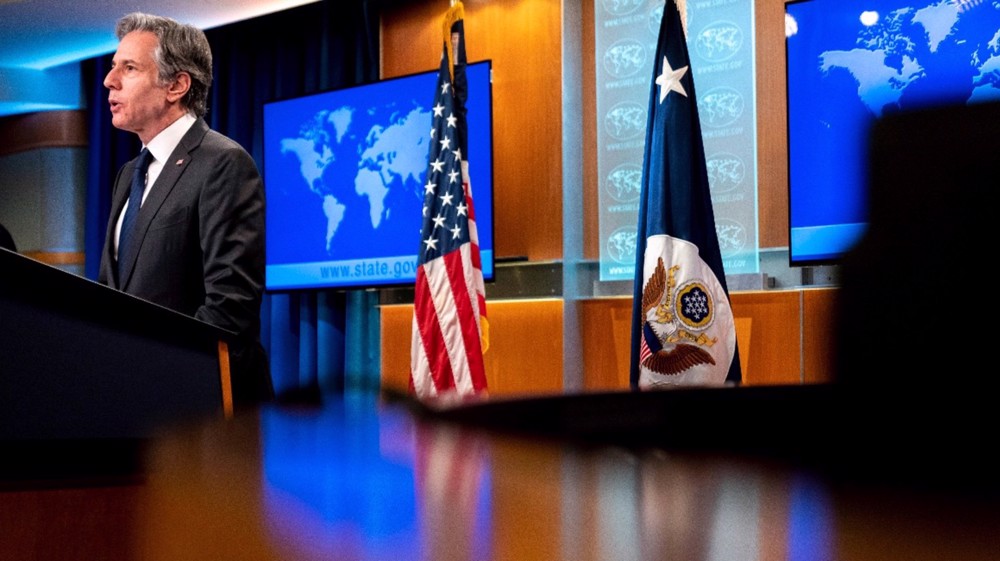
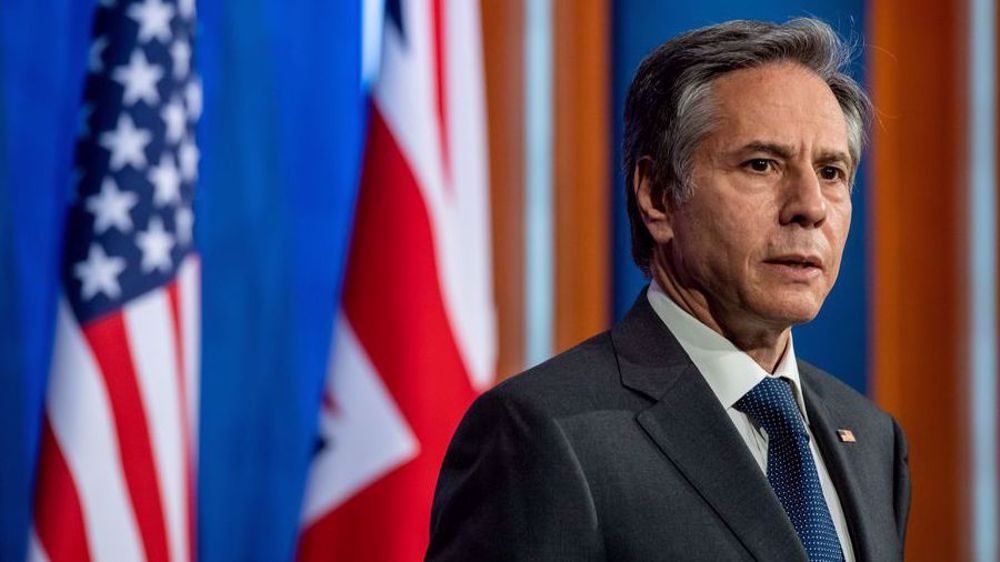
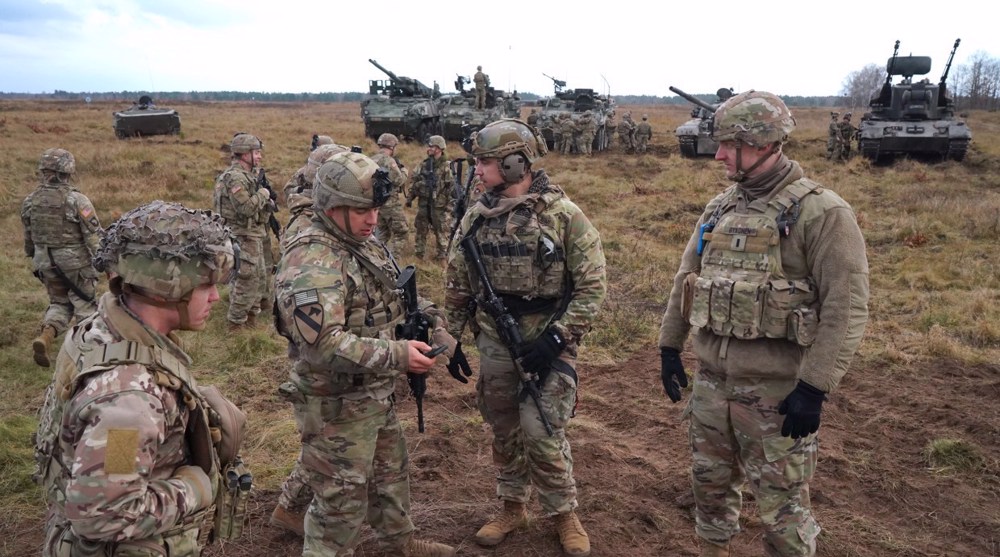

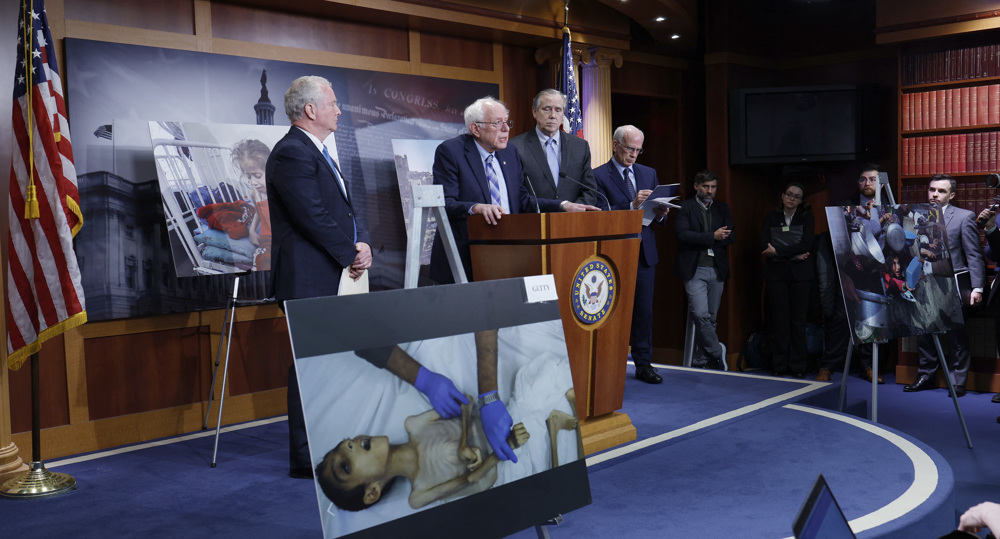




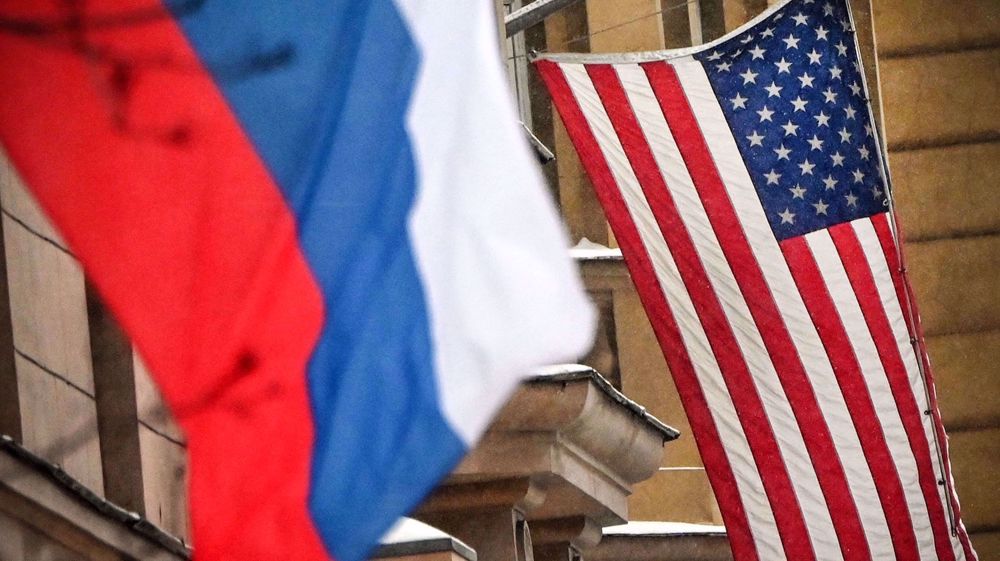
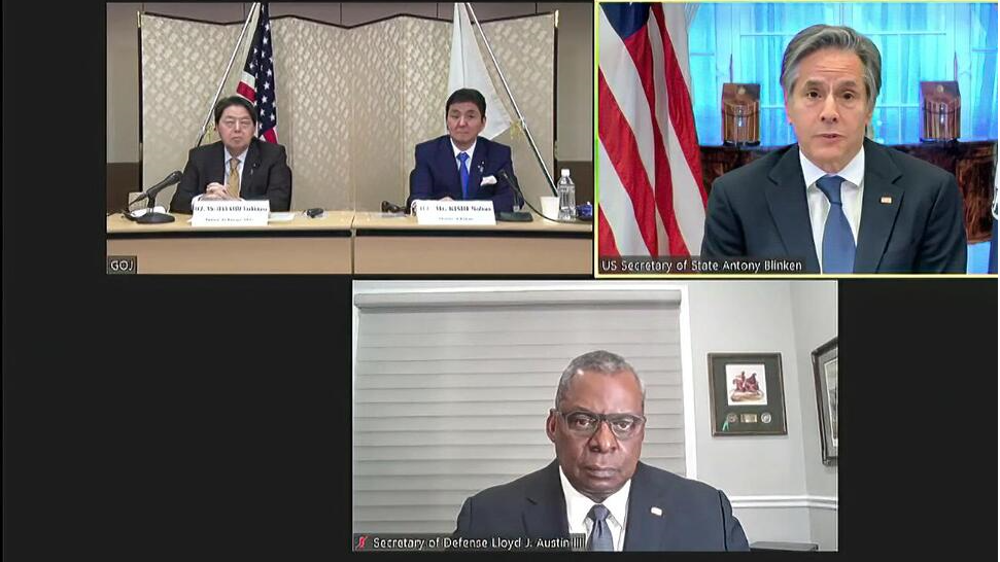
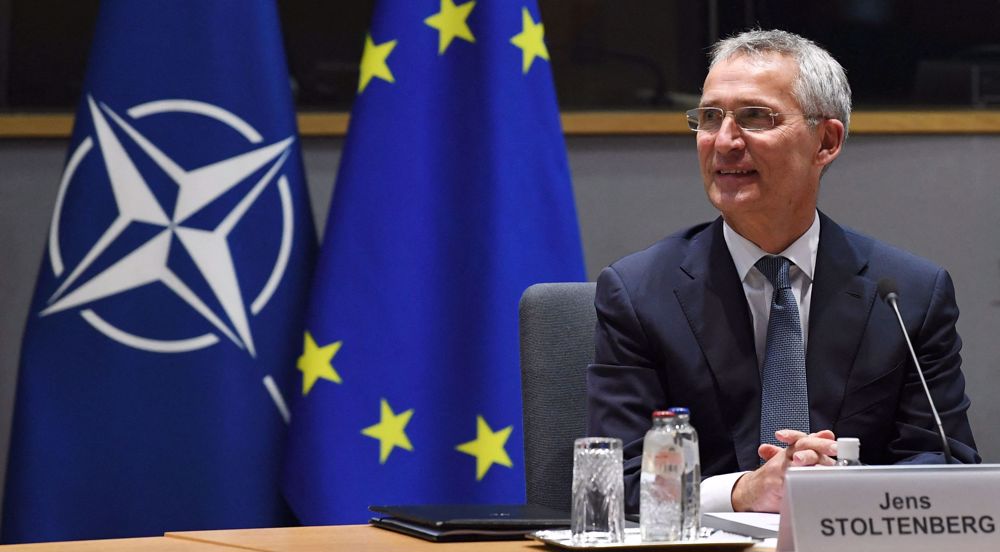

 This makes it easy to access the Press TV website
This makes it easy to access the Press TV website